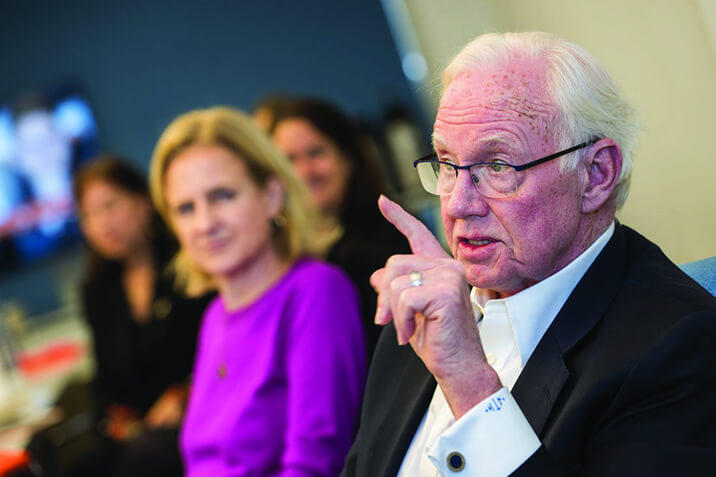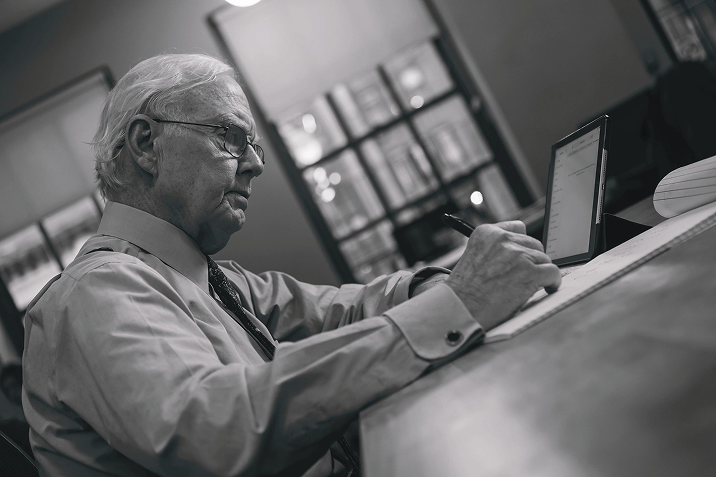What i Believe
You were born with a purpose. You were endowed by your creator with a natural passion to make a difference in the world. You have an obligation to yourself and your creator to find and fully live your purpose during your time on earth. You cheat yourself, those you love and the cause you were born to serve if you don’t.
Who i serve
I work with exceptional people who want to fully live their passion and have an extraordinary impact on their communities. My ideal client has integrity, an interest in learning, becoming better at what they do, is willing to invest in their talent in order to better advance their cause and the lives of those they serve.


Who is jay?
Speechwriter, debate coach, marketing and advertising strategist, Jay Townsend has worked in four U.S. Presidential campaigns, scores of U.S. Senate, Gubernatorial and Congressional races. He is the author of 3 books, So You Want to Run for Public Office, The Worst Mistakes Candidates Make and Timeless Lessons from the 2016 Election.
Townsend has received several national awards for his work, including the nation’s best television commercial aired in a Gubernatorial race, the best persuasion mail piece produced for a Presidential campaign, and the nation’s best newspaper ad for a political candidate.
A member of the National Speakers Association, Townsend has spoken to hundreds of audiences. He has lectured on politics and political warfare at the United States Military Academy, the Marketing Research Association, the Marist Institute for Public Opinion, the Coro and Luce Foundations, numerous colleges and universities. He has appeared on NBC, NY1, Time Warner’s Capitol Tonight, FOX News, Canadian TV and is a Sr. Global Advisor to the James Luce Foundation.
He resides in New York City.


My Story
Perhaps because he seemed to share my father’s dogmatic intolerance of intolerance, or because he was my father’s age, or because he was a man who’d made a career of bullying the bullies, facing down the powerful and befriending society’s outcasts, Robert Kennedy became my hero when I was a 13 year old Indiana farm boy.
The year was 1968, a time when our country was wracked by war, crippled by a crime epidemic no one knew how to contain and civil unrest no one knew how to control. Indiana was the site of an epic contest between NY Senator Robert Kennedy, Minnesota Senator Eugene McCarthy and Vice President Hubert Humphrey as they struggled to unify a party and a nation convulsed in conflict
My father was a farmer, and I’d often take my portable radio to the barn
while doing chores hoping to hear some snippet of a Kennedy speech. No
story that I spotted about him in the newspapers or weekly magazines remained unread. I’d stay up late hoping to see him on the eleven o’clock
news.
I found Kennedy’s authenticity magnetic. In his words I heard a reiteration of my Dad’s values, a sincere and heartfelt compassion for the less fortunate, a healthy skepticism of power and integrity uncommon in public figures.
On April 4, I gave the livestock an early dinner so that I could see him on the early evening news.


Martin Luther King was dead, assassinated in Tennessee. Cities were
on fire. There were riots in Detroit, Watts, Washington, D.C., and scores of other cities. President Johnson was on television pleading for calm. Halfway through the newscast, there was footage of Kennedy, in Indianapolis, in the ghetto standing on the back of a flatbed truck, talking to a throng that reverently regarded a white man quoting Aeschylus.
“In our sleep, pain which cannot forget falls drop by drop upon the heart until, in our own despair, against our will, comes wisdom by the awful grace of God.”
There were no riots in Indianapolis in April, 1968 – no burning or looting-one of the few large American cities that escaped the wrath of an enraged people. It was because Bobby dared to go to a ghetto where the police had begged him not to. He talked about how he felt when a white man killed his brother, and asked that they honor Dr. King by quietly going to their homes and churches to pray. They did. It was the first time in my life that I had witnessed the power of words; words that changed the destiny of an entire City.
During his campaign, Kennedy visited towns and cities in Indiana that had never seen a Presidential candidate and have not since. He had a
passion others didn’t. He spoke about that which few dared to discuss in Indiana-hungry black children in Mississippi, orphans in Kentucky, the poor in Appalachia. He walked the ghetto in Gary, a place where white politicians dared not go.



He never wavered from his beliefs or convictions, refused to equivocate on his principles and was fearless in the face of adversity. When he spoke to a group of wealthy white medical students about health care for the poor, one smart-aleck challenged Kennedy with a question “Who’s going to pay for all of this?” the student asked, “You are,” responded Kennedy.
My elder cousins who had spent summers working on the farm were in Vietnam and Bobby talked about bringing them home. Greed and selfishness were absent from his appeal, and a lot of other Hoosiers must have seen the altruism that I did. On May 7, Kennedy won the Indiana primary, the only Kennedy who has ever won an election in Indiana.
On June 5, my mother came to my bedroom in the early morning darkness and sat on the edge of the bed. Sensing a presence in the room, I opened my eyes and gazed into the face of a woman whose expression suggested some bad news. “Jay,” she said softly, “Robert Kennedy was shot last night in California. Things are not good and the doctors don’t think he’s going to live.” I turned my head, refusing to let her see me cry.
During the funeral I took my portable radio to the top of the haymow so that I could get a signal strong enough to hear the service at St. Patrick’s Cathedral-“a good and decent man who saw wrong and tried to right it, saw suffering and tried to heal it, saw war and tried to stop it.”



In my 45 years as a political consultant, I’ve never had a client like Robert Kennedy. I’ve not seen a man like him since, nor has anyone else.
Robert Kennedy had no way of knowing that his speech to that crowd in Indianapolis would forever alter the life, the career and the destiny of that farm boy watching television 100 miles from where he stood;
a young man who in that moment saw the power of words change the
destiny of a city and the course of history;
a boy who would soon realize he would never be content to live the life of a farmer;
that he had to be on or near the great stage of discourse and democracy.
Kennedy’s speech forever changed Indianapolis. It also spawned the life-long career of a speaker, wordsmith, speechwriter, communications coach to public figures. I shall forever be grateful to the man who helped me discover my passion and the reason I was born.


